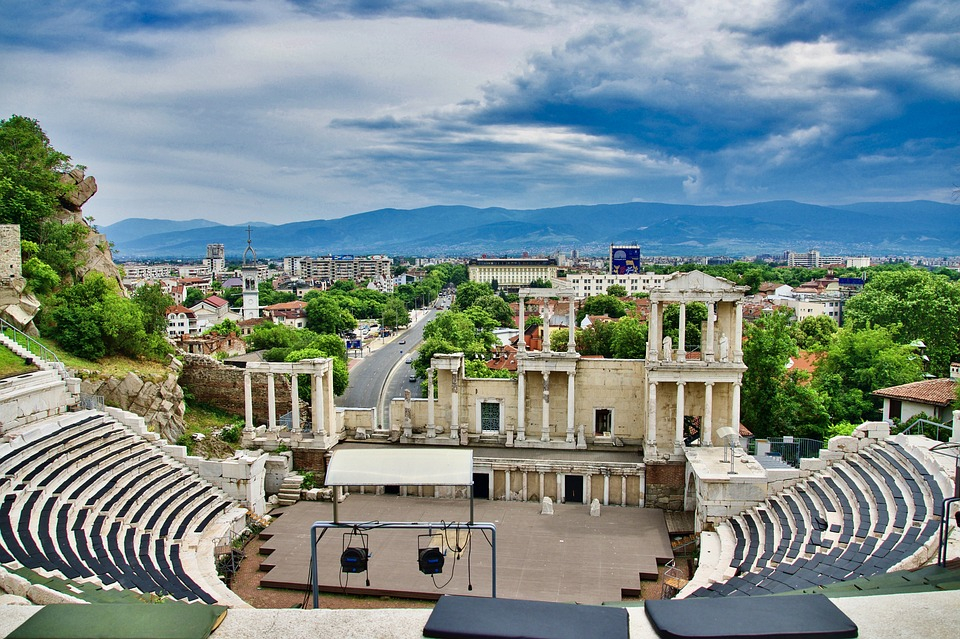Theater is an art form that has played a crucial role in Portuguese society over the centuries, influencing not only culture but also politics, the economy, and the worldview of the Portuguese people. From ancient times to today, theater has been a powerful means of expression and reflection, challenging established social norms and providing a space for debate and critique.
In the Portuguese context, theater played a significant role in promoting national identity and resisting colonial oppression. During the period of the Salazar dictatorship, theater was an important means of expression for those who opposed the authoritarian regime, providing a space for disseminating progressive ideas and questioning established norms. Many Portuguese artists and playwrights were persecuted and censored for their plays, but even so, the theater continued to play a fundamental role in the fight for freedom and democracy.
Furthermore, theater has been a powerful tool for promoting social inclusion and diversity in Portuguese society. Many theater companies and groups of actors have dedicated themselves to addressing urgent social issues, such as gender inequality, racial discrimination, and social exclusion, using theater as a form of awareness-raising and mobilization. Through engaging and provocative theater pieces, these artists have managed to open the public’s eyes to the injustices and inequalities present in Portuguese society, encouraging reflection and action.
READ MORE: The Best Dance Music Nightclubs in Lisbon
Furthermore, the theater has played an essential role in preserving Portuguese history and culture, giving voice to the experiences and traditions of different communities and regions of the country. Many theater pieces have explored themes such as nostalgia, emigration, national identity, and the rich Portuguese cultural heritage, contributing to the celebration and appreciation of the diversity and plurality that exists in Portugal. The theater has been a space for encounters and dialogue between different cultures, promoting mutual understanding and solidarity between the different ethnic and social groups that make up Portuguese society.
Furthermore, the theater also plays a key role in promoting cultural tourism in Portugal, attracting visitors from all over the world to watch plays in the country’s beautiful historic theaters and the lively streets of the main cities. Cultural tourism has become an important source of income for the Portuguese economy, contributing to the development of creative industries and the enhancement of the country’s cultural heritage.
In conclusion, theater has played an integral role in Portuguese society, influencing not only culture but also politics, the economy, and the worldview of the Portuguese people. From ancient times to the present day, theater has been a powerful means of expression and reflection, challenging established social norms and providing a space for debate and critique. As a living and pulsating art form, theater will continue to play an essential role in Portuguese society, inspiring and provoking the public to think, feel, and act.

THE NAIS IS OFFICIAL EDITOR ON NAIS NEWS

